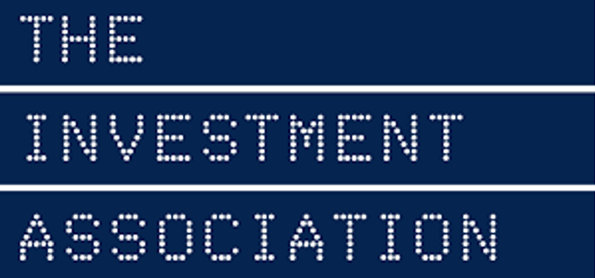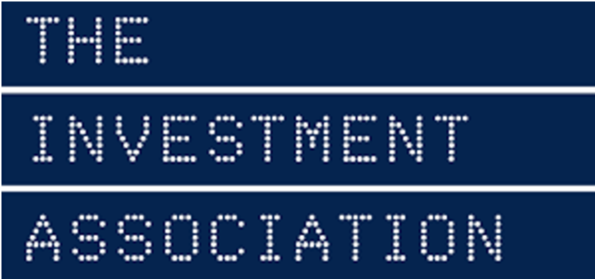
4 May 2022
Spring has sprung by way of recent HMRC updates! HMRC have recently updated their guidance or revised their approach regarding several of the UK tax-advantaged plans. This alert covers:
- a helpful update to HMRC’s Share Incentive Plan (SIP) guidance on acceptable SIP share valuation approaches; and
- the end of the Covid-19 easements for Save As You Earn (SAYE) and Enterprise Management Incentive (EMI) share option schemes.
HMRC update SIP guidance on acceptable SIP valuation approaches
Prior to 2014, tax-advantaged plans were subject to formal approval by HMRC. Following the move to self-certification of tax-advantaged plans, HMRC highlighted (within its published guidance) some of the approaches which would previously have been agreed through the formal approval process, providing companies with additional certainty on what would be accepted by HMRC as compliant with the relevant legislative requirements. This guidance is important for companies considering what approach will be acceptable to HMRC and so on what basis they can “self-certify” compliance with the legislation.
HMRC have now updated their guidance relating to the market value of listed shares acquired under a SIP.
What are the changes?
HMRC set out what is regarded as an acceptable definition of “market value” in the plan rules of a SIP. The guidance previously stated that for listed shares, only a market value determined according to statutory principles was acceptable. These principles essentially required a company to use the closing mid-market value of the shares on an award date. The guidance also indicated that alternative valuation approaches would be accepted for the purposes of a SIP, being the mid-market value from the dealing day immediately preceding the award date, or an average of such values taken over up to five days. In practice however, these valuation approaches did not capture what many companies were actually doing.
New wording has now therefore been added to the manual to confirm HMRC’s position that additional alternative valuation approaches may be applied, including:
- where shares are purchased on one day in a single purchase, the actual amount paid for the shares; and
- where shares are purchased by multiple trades over up to five days, the average of the actual amounts paid for the shares.
Why are these changes helpful?
For SIP partnership shares, which are commonly purchased on the market with participants’ contributions from salary, it can be more convenient for companies to use the actual (or averaged) purchase price of the shares as the market value. This approach was previously commonly agreed with HMRC, but not expressly provided for in the guidance.
Following the move to self-certification and greater reliance on published guidance, companies continuing to operate SIPs in this manner would therefore risk the SIP being found to be non-compliant on a strict interpretation of the HMRC manual. As participants’ allocations of partnership shares were being calculated based on the actual prices paid for those shares on the market, not the market value determined according to the statutory principles, this might, amongst other things, have led to the “wrong” number of shares being awarded.
The change is therefore a positive result and gives welcome clarity for companies operating a SIP, enabling companies to choose to use the purchase price approach to determine market value, which can ease administration.
Tapestry comment
The issue with the previous wording in the HMRC manual was flagged to ProShare (the UK non-profit industry group that advocates employee share ownership) by Chris Fallon, Legal Director at Tapestry. ProShare then liaised with HMRC, who confirmed that the wording in the manual was not intended to adversely affect the administration of SIPs and updated the manual accordingly.
HMRC have been increasingly willing to impose penalties for minor perceived failure of tax-advantaged plans to comply with the legislative requirements. Many companies with SIPs were at risk of being penalised for using a common sense valuation approach. It was therefore great to see HMRC engage with ProShare on this issue and respond so positively and promptly on it, giving their blessing to a practical approach to operating SIPs.
HMRC provide new information on the end of the Covid-19 easements for SAYE and EMI share option schemes
SAYE - What are the changes?
Pre-pandemic, participants in a SAYE scheme could delay payment of up to 12 monthly contributions to their savings contract without the contract being cancelled.
In June 2020, HMRC amended the SAYE prospectus to allow SAYE participants to pause contributions for an unlimited period if they were on furlough or unpaid leave as a result of Covid-19.
HMRC have now published their latest Employment Related Securities (ERS) Bulletin, confirming they will bring the Covid-19 SAYE easement to an end. They have issued a new SAYE prospectus (in effect from 6 April 2022), which reverts to the pre-pandemic position. SAYE arrangements entered into before this date will be unaffected by the change.
There are helpful illustrative examples in the latest ERS Bulletin of how this change will apply in practice.
EMI – What are the changes?
Participants in an EMI scheme need to meet a working time requirement of at least 25 hours a week or, if less, 75% of their working time. Failure to meet this requirement makes employees ineligible to be granted EMI options or means that existing EMI options cease to qualify for the full EMI tax-advantages.
HMRC relaxed this requirement from March 2020 for employees who would otherwise have met this requirement but did not do so because of Covid-19. HMRC have now confirmed that the Covid-19 EMI easement has ended (from 5 April 2022), as provided for in the EMI legislation when the easement was brought in. Companies may therefore wish to reconfirm with affected participants that working time requirements will be met from this date.
Tapestry comment
The easements in respect of both SAYE and EMI during the early days of the Covid-19 pandemic were a pragmatic and very welcome response from HMRC to the disruption and uncertainty that the effects of lockdowns and furlough brought to the operation of UK tax-advantaged share schemes. The removal of these easements and therefore the return to the pre-pandemic positions is in line with the Government’s plans for living with Covid, with the hope that the periods of significant disruption to the workplace that it brought are now behind us.
If you have any questions on the above, or would like to discuss the operation of tax-advantaged or other incentive plans more generally, please do get in touch.
Please also watch out for our next alert on the UK's annual ERS return reminder, ahead of the 6 July deadline.
Chris Fallon and Paul Abthorpe












